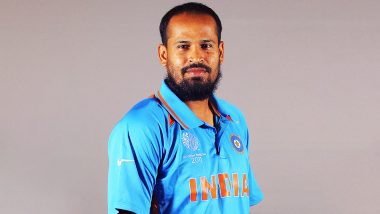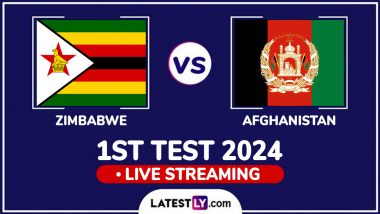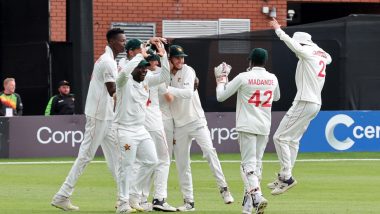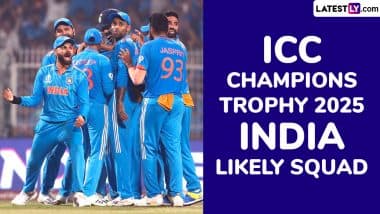New Delhi, JulY 24: Yusuf Pathan's "inadvertent" violation was the lone blot on Indian cricket's doping record last year, a WADA (World Anti-Doping Agency) report has revealed after a scrutiny of 275 samples by the BCCI. While the WADA report does not name anyone, the player in question is former India player Yusuf Pathan, who was handed a retrospective ban of five months by the BCCI, that ended before this year's IPL.
According to the BCCI statement issued back then, Pathan senior had "inadvertently ingested a prohibited substance commonly found in cough syrups". Pathan's backdated suspension was from August 15, 2017 to January 14, 2018. While Pathan's is the only Adverse Analytical Finding (AAF), there are also a couple of Atypical Findings (ATF), which suggests that there must have been some suspicion about the urine sample of two players.
Whether there are any foreign players among the two in the ATF category couldn't be ascertained. According to the WADA report, out of the 275 samples tested during 2017, 233 were In Competition (IC) testing while 42 were Out Of Competition (OOC). For 2016, it was former New Zealand captain Brendon McCullum, who had tested positive during IPL but BCCI had then procured a backdated TUE (Thereaputic Use Exemption) certificate for the player and the case was closed. In 2018, there is one positive dope test and that is of first class cricketer from Punjab, Abhishek Gupta, who is currently serving his suspension.
The BCCI does not come under the ambit of National Anti-Doping Agency (NADA) and its testing is done by Sweden's IDTM (International Doping Test & Management). However in the WADA list, it is reported that NADA had conducted 10 In Competition Testing in 2017. While NADA DG Naveen Agarwal was unavailable for a comment, the tests are probably done in tournaments which is not recognised by the BCCI.
The world cricket also had a nearly dope free year with 389 cricketers being tested by ICC with only one positive result being of Afghanistan all-rounder Mohammad Shahzad. Among 389, there were 149 In Competition Testing and 214 Out Of Competition (OOC), besides 26 blood sample collection.









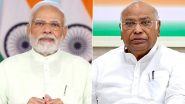



 Quickly
Quickly









